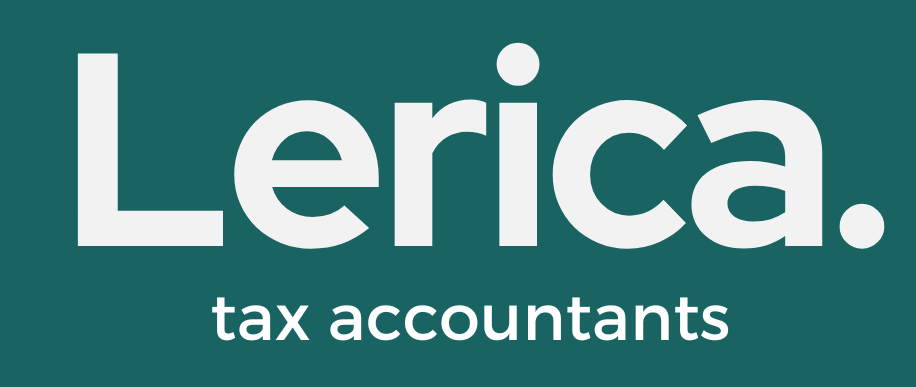Tough but fair? How the Budget affects businesses and individuals
The Chancellor, Rachel Reeves, has unveiled what many are calling a ‘tough but fair’ budget. With several aspects already leaked, the announcement didn’t hold many surprises, but it does bring impactful changes. Here, we’ll dive into the key points from the Autumn statement and how they may impact businesses and individuals alike
For Businesses:
National Living Wage increase: Starting in April 2025, the National Living Wage will rise to £12.21 per hour, impacting wage costs across many sectors
Employer’s National Insurance (NI): The Employer's NI rate is set to increase by 1.5%, moving up to 15% from April 2025. Additionally, the secondary threshold will drop from £9,100 to £5,000, potentially raising NI costs for employers
Annual allowance boost: Employers will see an increase in the annual allowance, which will double from £5,000 to £10,500
Inheritance Tax adjustments (IHT): Changes in business property and agricultural property reliefs mean that only a combined value of up to £1 million will be exempt from inheritance tax on death. Amounts exceeding this will face a 20% effective charge, with only 50% of the value subject to IHT.
Tax rate cut for certain properties: Businesses in retail, leisure, and hospitality will benefit from a tax rate reduction beginning in the 2026-27 tax year
Tax relief in media production: Enhanced tax relief is planned for visual effects costs in TV and film, a boost for the entertainment industry
Investments in the future: The National Wealth Fund will be capitalised to support significant investments in emerging industries like gigafactories, port infrastructure, and green hydrogen, all aimed at bolstering UK industrial growth
These measures may come with added costs, but there are also opportunities, especially for businesses ready to innovate and adapt to future-focused industries. Please get in touch.
For Individuals:
Inheritance Tax (IHT) threshold freeze: The IHT threshold, currently £325,000 (or up to £500,000 for homes left to direct descendants), will remain frozen until April 2030
Pensions and Inheritance Tax: Starting in April 2027, pensions will become part of the estate, meaning inherited pensions will be taxed at the IHT rate
Capital Gains Tax (CGT) increases: For asset sales (like shares or property), the CGT rate will rise to 18% for gains up to the basic rate tax band, and 24% for gains above this threshold, from 30.10.2024 affecting higher-rate taxpayers
Additional stamp duty on second homes: Effective 31 October 2024, the Stamp Duty Land Tax (SDLT) on second properties will see an additional 2% increase
VAT on Private School Fees: VAT will be applied to private school fees starting in January 2025
Income and National Insurance threshold freeze to end: The freeze on income and NI tax thresholds will conclude in April 2028, with future increases to match inflation
Increased earnings limit for Carers Allowance: There’s good news for carers, with a higher income threshold before Carer’s Allowance is withdrawn
These changes may require adjustments to estate planning, investment, or purchasing decisions, especially for those with pensions, second properties, or taxable assets.
If you're considering changes to your pension, business, or asset sales, now might be the perfect moment to seek advice.
Please Contact Us now. Our expert team is here to help you.

